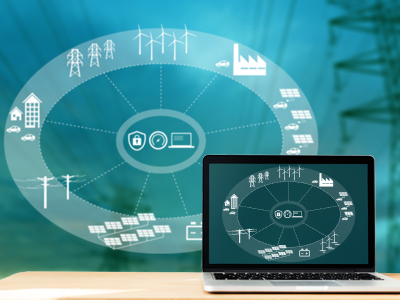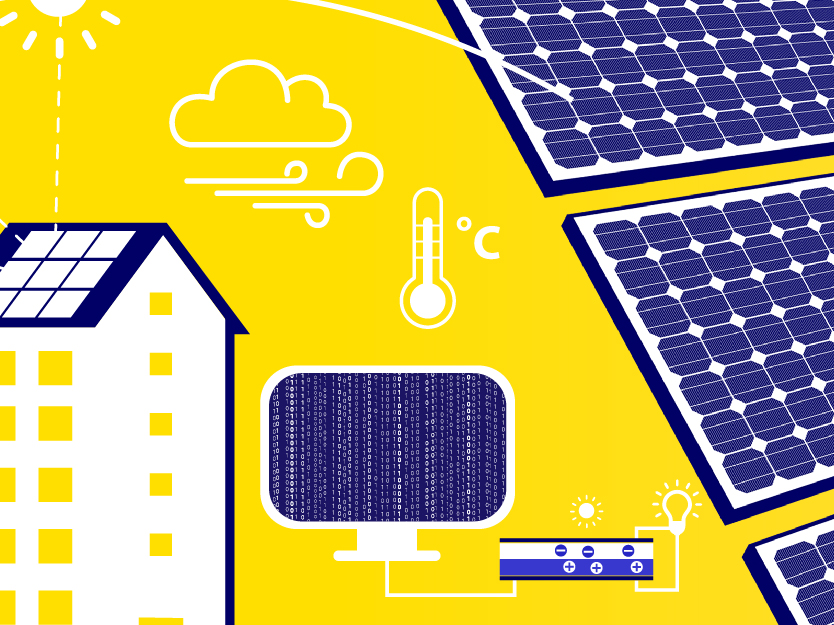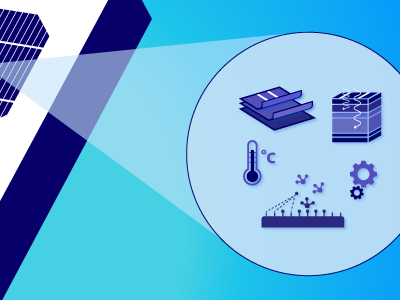Overview
Understand the basics of smart grids. Learn about their heterogeneity, dynamics, control, and about security and assessment strategies.
The smart grid of the future is a complex electrical power system. Its study, design, and management requires the integration of knowledge from various disciplines including sustainability, technology and mathematics.
In this first course, you will be introduced to the definition of a smart grid, its heterogeneity, dynamics, control, security and assessment strategies. The challenge of modeling such a system is also discussed. A group of researchers will offer their expertise on these topics and will introduce the modeling method which will be used in the second course of this program.
What you'll learn
- Identify the impact of variable renewable energy sources (VRES) and smart energy demand on electrical power grids,
- Identify different tools and approaches to design a smart grid,
- Apply optimal power flow (OPF) solutions to evaluate the performance of an electrical power system with integrated renewable energy sources,
- Analyze intelligent electrical power system dynamics (frequency stability) to achieve active power balance, and
- Identify control-room technologies for system-wide remote monitoring, protection and risk management of smart grid cyber security.
Details
License
Unless otherwise specified, the Course Materials of this course are Copyright Delft University of Technology and are licensed under a Creative Commons Attribution-NonCommercial-ShareAlike 4.0 International License.
Qualifications
Chartered Engineering Competences
All our online courses and programs have been matched to the competences determined by KIVI’s Competence Structure, a common frame of reference for everyone, across all disciplines, levels and roles.
These competences apply to this course:
- A1: Extend your theoretical knowledge of new and advancing technologies.
- E3: Undertake engineering activities in a way that contributes to sustainable development and a circular economy.
Admission
This is a Massive Open Online Course (MOOC) that runs on edX.
Prerequisites
Basic linear algebra, basic electrical circuit theory.



